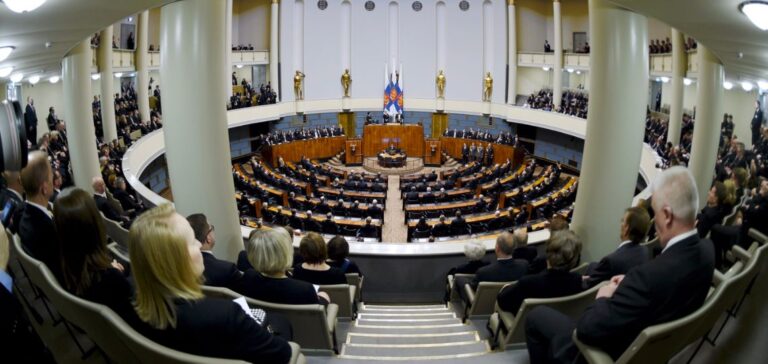The Finnish Parliament adopted on Wednesday a 10 billion euro support plan for the electricity sector to protect it from the turbulence in this field in Europe, caused by the Russian invasion of Ukraine.
The plan, consisting of loans and financial guarantees, is designed in part to help companies have sufficient funds to pay for the increasingly large guarantees needed to be able to sell forward contracts in the electricity market.
The Finnish government presented this plan ten days ago, after the Russian announcement that the Nord Stream 1 gas pipeline between Russia and Germany had been shut down due to a faulty turbine.
This decision had further increased tensions on European energy markets, before a winter marked by risks of shortage of power or gas in several countries of the Old Continent.
Neighboring Sweden, as well as Denmark, have taken similar measures to Finland since the beginning of the month.
Helsinki also provided specific support to its main state-owned energy group, Fortum, in the form of a 2.35 billion euro credit line. The company said it would use it “as a last resort.”






















